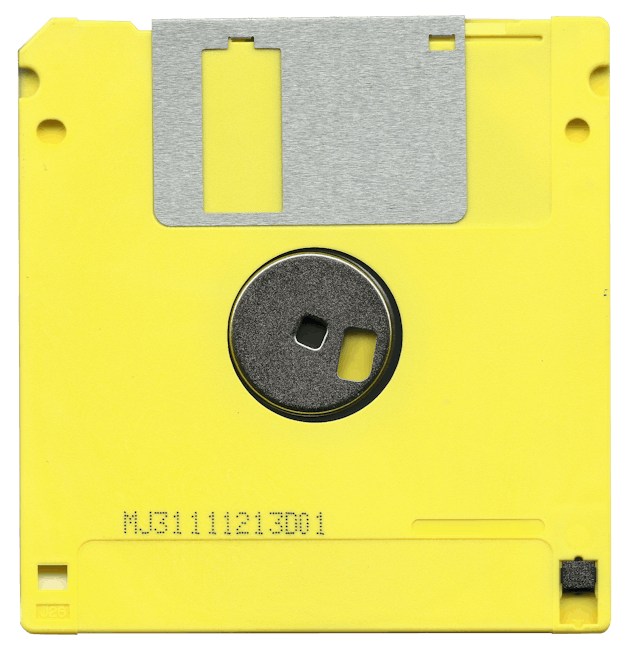Unlock encrypted content
Please enter your SSCE key to initiate on-the-fly decryption.
Decryption key: (Click cancel if you don't have the key)
Copied link to clipboard.
This feature is unavailable for free accounts. Upgrade now and enjoy all Premium benefits.
Go Premium!
This feature is unavailable for free accounts. Upgrade now and enjoy all Premium benefits.
Go Premium!
Please open this page in browser ( Google Chrome or Safari ) to use this feature.
Open In Browser
Futuristic File Management: Embracing Efficiency and Security in the Digital Age.
Random related video for this blog.
Copied share link to clipboard.
In today's fast-paced digital world, file management has become an essential component of our daily lives. From personal documents to business files, the need to organize, store, and share data efficiently and securely has never been greater. As technology continues to advance, the emergence of futuristic file management solutions promises to revolutionize the way we handle data. In this article, we will explore the concepts of real-time data synchronization, efficient file transfer protocols, and secure data sharing, and how they are shaping the future of file management.
Real-time Data Synchronization: Ensuring Data Integrity and Accessibility
Real-time data synchronization is a cutting-edge technology that enables files to be updated and shared instantaneously across multiple devices or platforms. With this capability, users can access the latest version of their files from any location, eliminating the need for manual updates or transfers. This seamless integration ensures data integrity and accessibility, allowing for efficient collaboration and productivity. Imagine a scenario where a team of designers is working on a project from different parts of the world. With real-time data synchronization, each member can make changes to the project files simultaneously, and the updates will be reflected in real-time. This eliminates the need for cumbersome file transfers or versioning issues, streamlining the workflow and saving valuable time.Efficient File Transfer Protocols: Speeding Up Data Exchange
Efficient file transfer protocols play a crucial role in enabling fast and reliable data exchange. Traditional methods of file transfer, such as email attachments or physical storage devices, often suffer from limitations such as size restrictions or slow transfer speeds. However, with futuristic file management solutions, these limitations are being overcome. One example of an efficient file transfer protocol is the use of peer-to-peer (P2P) technology. P2P allows files to be transferred directly between devices, bypassing the need for acentral server. This decentralized approach not only increases transfer speeds but also improves security by reducing the vulnerability to single points of failure. Another emerging technology in this space is the use of blockchain for file transfer. Blockchain, known for its secure and transparent nature, can be leveraged to create a decentralized and tamper-proof file transfer system. This ensures that files are transferred securely and without the risk of unauthorized access or modification.
Secure Data Sharing: Protecting Confidential Information
As the volume of digital data continues to grow, the importance of secure data sharing becomes paramount. Organizations and individuals need to ensure that their confidential information remains protected throughout the file sharing process. Futuristic file management solutions address this concern by implementing robust security measures. One such measure is end-to-end encryption, which ensures that files are encrypted at the source and can only be decrypted by the intended recipient. This prevents unauthorized access to the data, even if it is intercepted during transmission. Additionally, secure file sharing platforms often employ advanced access controls and user authentication mechanisms, further enhancing data security. Cloud storage providers, like FileLu, offer secure data sharing capabilities. With FileLu's encryption file sharing feature, users can securely share files with others while maintaining complete control over who can access and modify the shared data. This ensures that sensitive information remains protected, even when shared with external parties.Conclusion
In conclusion, the future of file management is set to revolutionize the way we handle and share data. With advancements in real-time data synchronization, efficient file transfer protocols, and secure data sharing, we can expect increased productivity, enhanced collaboration, and improved data security. Embracing these futuristic file management solutions will empower individuals and organizations to navigate the digital landscape with confidence and efficiency.Frequently Asked Questions (FAQs)
Question: How can real-time data synchronization benefit businesses? Answer:
Real-time data synchronization enables businesses to collaborate seamlessly, ensuring that all team members have access to the latest version of files. This streamlines workflows, improves productivity, and eliminates the risk of versioning issues.
Question: How do efficient file transfer protocols enhance data exchange? Answer:
Efficient file transfer protocols, such as P2P technology or blockchain-based systems, enable faster and more secure data exchange. These protocols bypass limitations of traditional methods, such as slow transfer speeds or size restrictions, ensuring efficient and reliable file transfers.
Question: How does secure data sharing protect confidential information? Answer:
Secure data sharing employs measures like end-to-end encryption, access controls, and user authentication to protect confidential information. These security measures ensure that files remain encrypted during transmission and that only authorized users can access and modify shared data.
By Amelia Isabella
Email: [email protected]
Related
Efficient Data Replication and Robust Uploading Tools: Exploring the Power...
July 14, 2023
Read More
Intuitive File Collaboration Interfaces: Enhancing Productivity and Efficiency in the...
July 14, 2023
Read More
Popular
Latest
The Future of Digital Transformation: Exploring Smart Homes, Efficient File...
November 30, 2025
Read More
Exploring the Benefits of Cloud Storage and Innovative Technologies in...
November 26, 2025
Read More
The Future of Technology: Exploring Biohacking, Space Tourism, and Digital...
November 23, 2025
Read More
The Future of File Sharing: Streamlined Workflows for Photographers and...
November 19, 2025
Read More
Exploring the Intersection of Technology: From Cybersecurity to Augmented Reality...
November 16, 2025
Read More
The Future of File Management: Embracing Edge Computing and Efficient...
November 12, 2025
Read More
The Future of File Sharing: Exploring User-Friendly Solutions and Data...
November 5, 2025
Read More
The Future of Cloud Storage: How FileLu Empowers Creative Professionals...
November 2, 2025
Read More
The Future of Autonomous Technologies: Innovations in Robotics, File Sharing,...
October 29, 2025
Read More
Emerging Technologies Revolutionizing File Management: From Li-Fi to Robust Collaboration...
October 26, 2025
Read More
Emerging Technologies: Exploring the Impact of File Access Auditing, Genetic...
October 19, 2025
Read More
The Future of Data Storage: Exploring Advanced Encryption, Mobile Integration,...
October 5, 2025
Read More
Exploring the Future of Data Management: Security, Efficiency, and Cognitive...
September 28, 2025
Read More
Revolutionizing Data Management: Innovations in Storage, Security, and Sustainable Technology.
September 24, 2025
Read More



















